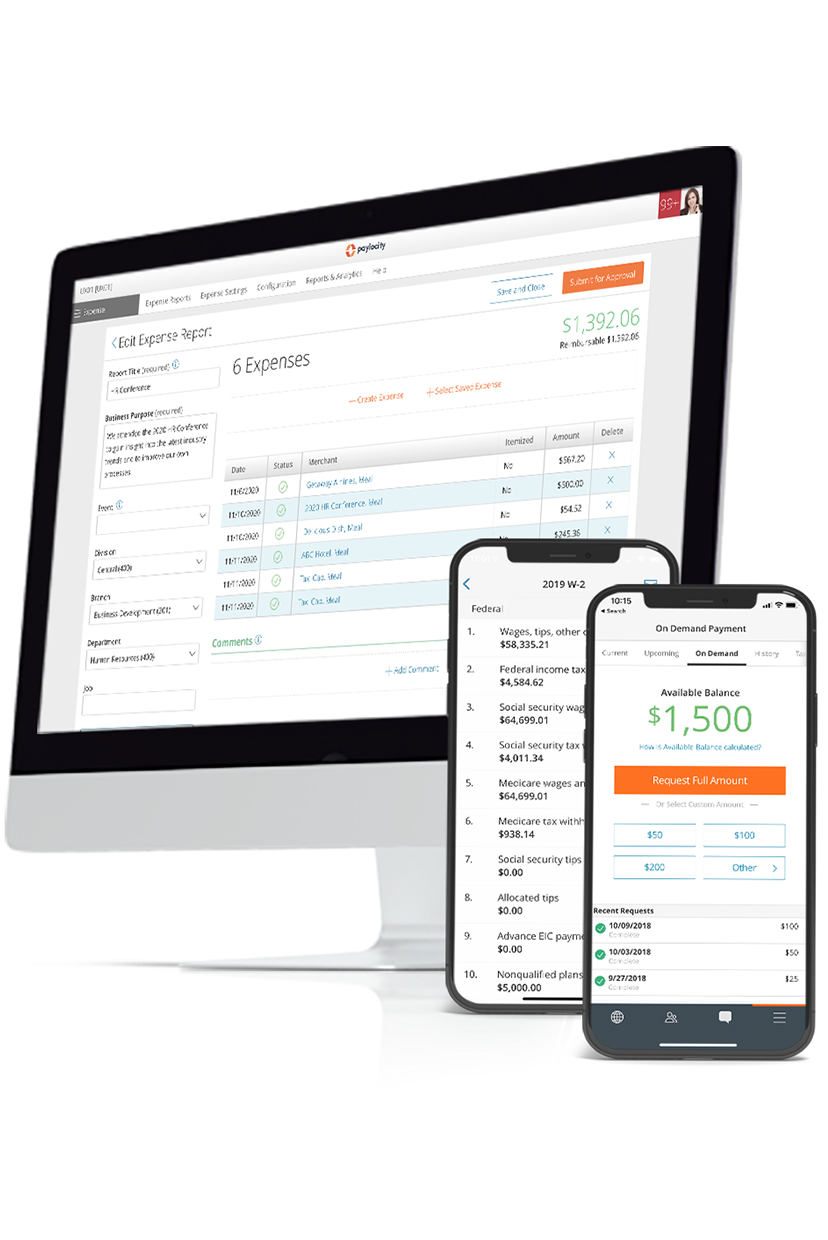Beneficial Ownership Information (BOI)
Summary Definition: Legally required information that identifies any and all individuals who own or substantially control a company.
What is Beneficial Ownership Information?
Under the Corporate Transparency Act (CTA), U.S. organizations must report information about their beneficial owners to the Department of Treasury’s Financial Crimes Enforcement Network (FinCEN). This Beneficial Ownership Information (BOI) includes each owner’s:
- Full legal name
- Date of birth
- Current address
- A unique ID number and the issuing jurisdiction (e.g., state driver’s license, U.S. passport, etc.) along with a photo of that document
Why is BOI Important?
Things like shell corporations and nontransparent company structures can make it hard for financial institutions to spot illicit business practices, such as tax evasion or fraud.
BOI reporting requirements are designed to prevent owners from concealing their identities to hide such activities and any unlawful profits they create. Moreover, filing a beneficial ownership information report helps establish an organization as a legitimate, trustworthy business to the government and potential business partners.
Key Takeaways
- Reporting companies must file a beneficial ownership information report (BOI Report) identifying their beneficial owners and sometimes their corporate applicants.
- Beneficial owners are individuals who directly or indirectly exercise substantial control over the company or own at least a 25% ownership interest in the company.
- Corporate applicants are those who directly filed the documents needed to create the company and/or those who oversaw that filing process.
- Penalties for violating BOI reporting requirements include fines and potential jail time.
BOI Reporting Requirements
In addition to the BOI listed above, a reporting company must also include the following details about itself in its BOI report:
- Full legal name
- Any trade names or “doing business as” (DBA) names
- Current Address
- State, tribal, or foreign jurisdiction where the company was created or registered
- Foreign reporting companies must also include the state or tribal jurisdiction where the company first registered to do business in the U.S.
- Taxpayer Information Numbers (TINs), such as Employer Identification Numbers (EINs)
- Foreign reporting companies must also include a tax ID number issued by a foreign jurisdiction and the name of that jurisdiction
All reporting companies must file a BOI report via FinCEN’s BOI E-Filing System by one of the deadlines below, depending on when the organization was created.
| Created or Registered | BOI Report Deadline |
| Before January 1, 2024 | By January 1, 2025 |
| On or after January 1, 2024 | Within 90 calendar days of receiving confirmation of company’s creation or registration |
| On or after January 1, 2025 | Within 30 calendar days of receiving confirmation of company’s creation or registration |
Who Has to File a Beneficial Ownership Report?
Reporting companies are organizations that must file a BOI report with FinCEN (e.g., corporations, LLCs, etc.) regardless of whether they were created domestically (i.e., registering with a secretary of state or similar U.S. office) or internationally (i.e., under the laws of a foreign country that’s registered to operate in the U.S. with a secretary of state or similar U.S. office).
However, some reporting companies, such as nonprofits and certain large operating companies, are exempt entities that don’t have to comply with BOI reporting requirements. For more information, refer to FinCEN’s Small Entity Compliance Guide.
What are Beneficial Owners?
A beneficial owner is any individual within a reporting company who directly or indirectly:
- Exercises substantial control over the company; OR
- Owns or controls at least 25% ownership interest in the company.
Since a beneficial owner can meet either or both of these criteria, a reporting company can have multiple beneficial owners at the same time, and there’s no limit to how many owners a company can include on its BOI report.
| Requirement | Details |
| Substantial Control |
|
| Ownership Interest |
|
What are Company Applicants?
Reporting companies created or registered on or after January 1, 2024, must also include their company applicants in their BOI reports. Company applicants are the individuals involved with filing the documentation that creates the reporting company.
- The direct filer who submits the documentation
- The individual who directs or oversees the filing process
A single individual can fulfill both of these roles, but a reporting company can only have up to two applicants, both of whom must be people (i.e., applicants can’t be legal entities or companies).
BOI Reporting Violations and Penalties
Willfully failing to comply with BOI reporting requirements can bring severe penalties and even jail time for the individual at fault or any corporate entities that cause the individual to be at fault (e.g., a beneficial owner or corporate applicant providing false information to the employee submitting the BOI report).
Violations can include deliberately failing to file a BOI report, filing a BOI report with false information, or failing to file an updated or corrected BOI report.
| Civil Penalties | Criminal Penalties |
|
|
*Adjusted annually for inflation.

Save Time with Stress-Free Payroll Solutions
Payroll doesn’t have to be complicated, but it does have to be right. Stay compliant, collect employee data, and streamline tax filing – all while putting time back in your day with our automated payroll software. With the assurance of an error-free workflow, you can get back to what matters most – your people. Learn how our modern solutions get you out of the tactical and back to focusing on the bigger picture.